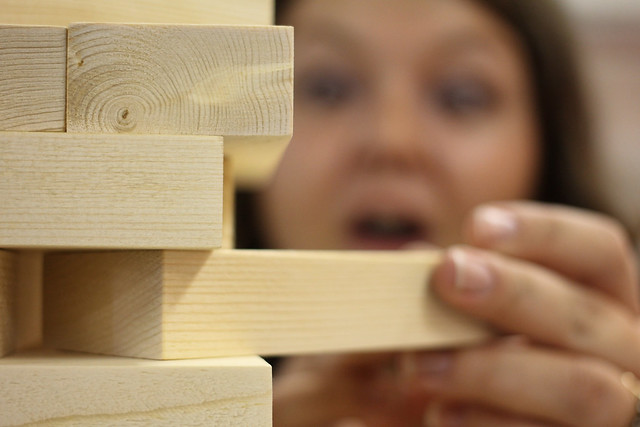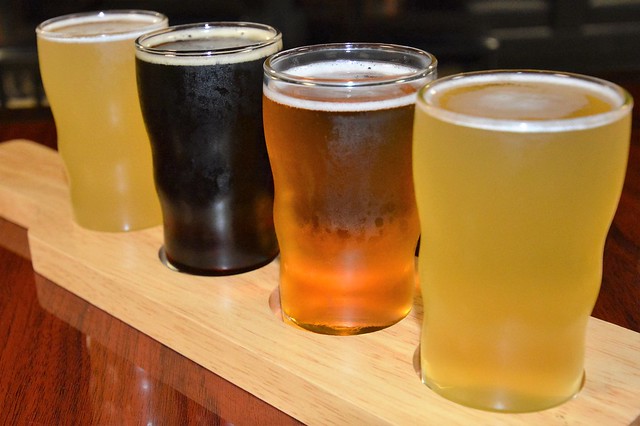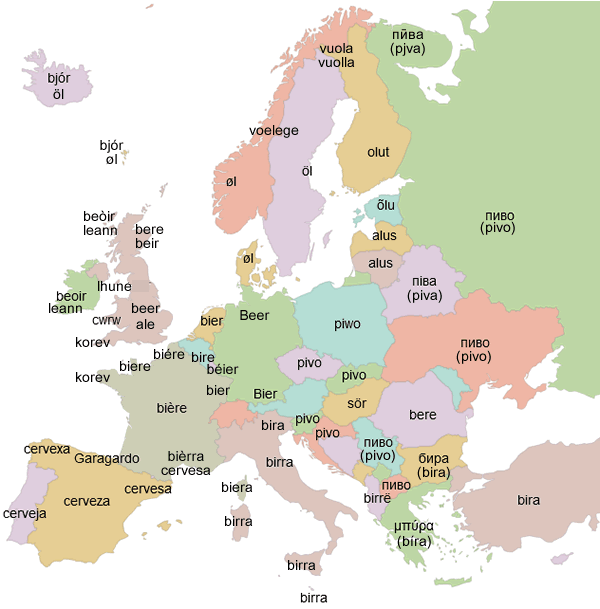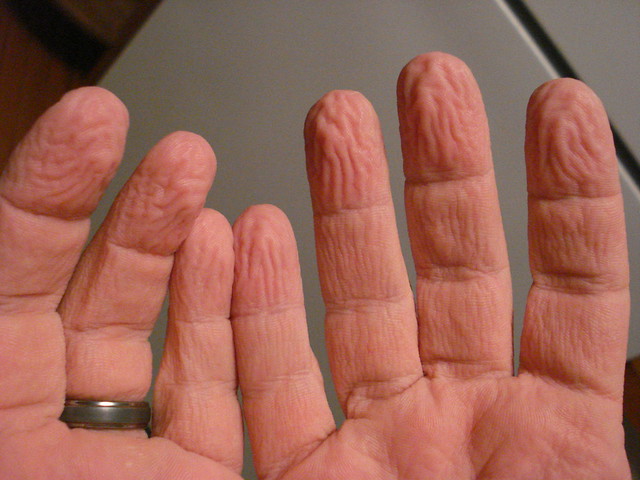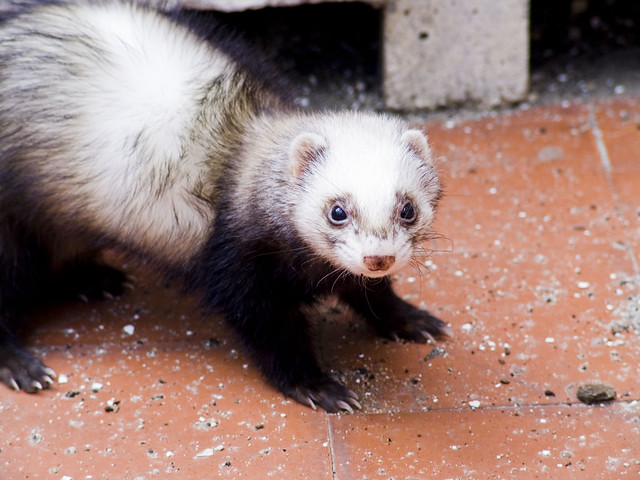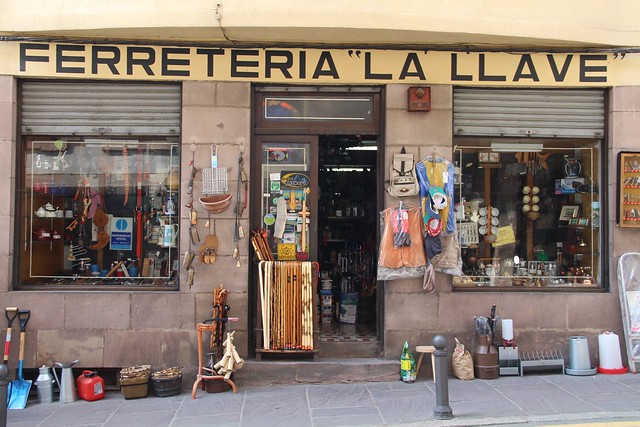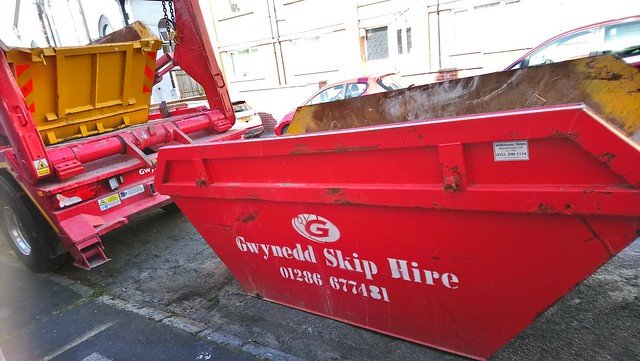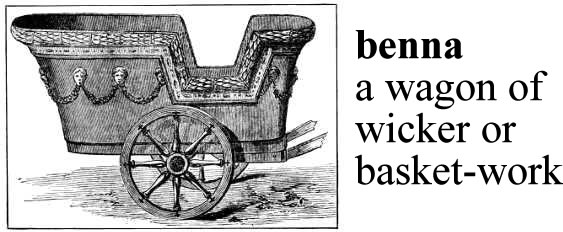What do the words care and garrulous have in common?
Well, care comes from the Middle English care (grief, sorrow), from the Old English caru/ċearu (worry, anxiety, care, sorrow, grief), from the Proto-West-Germanic *karu (care, worry), from the Proto-Germanic *karō (complaint, lament, grievance, moan, worry, sorrow, care, concern), from the Proto-Indo-European *ǵeh₂r- (to shout, call, cry; voice) [source].
Garrulous (excessively or tiresomely talkative) comes from the Latin garrulus (talkative), from garriō (I chatter, prattle), from the Proto-Indo-European *ǵeh₂r- (to call, cry), which is apparently of imitative origin [source].
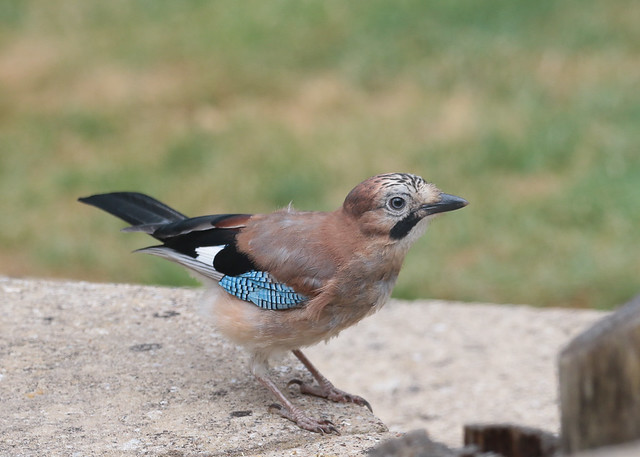
Pictured above is a Eurasian Jay, also known as Garrulus glandarius – the garrulus part means chattering/noisy and the glandarius part means “of acorns”.
So, they come from the same PIE root, via different paths. Other words from the same root include [source]:
- Italian: garrire [ɡarˈrire] = to chirp (of birds); to flutter, flap, wave (of flag)
- Portuguese: garrir [ɡɐˈʁiɾ] = to resound, gossip, shine
- Irish: gair [ɡaɾʲ] = to call, summon, invoke, name, proclaim, inaugurate, acclaim; and gáir [ɡɑːɾʲ/ɡæːɾʲ] = cry, shout, report, fame, notoriety; to shout, laugh
- Scottish Gaelic: gàir [ɡaːrʲ] = laugh, cry, shout; outcry, clamour;
and gairm [ɡɤrʲɤm] = call, cry, declare, announce - Manx: gerr = crow, shout
- Welsh: gair [ɡai̯r] = word, speech, phrase, greeting, salutation
- Cornish: ger = word
- Breton: ger = word, speech, question
The English word slogan also comes from the same root, or at least part of it does. It comes from sloggorne/slughorn(e) (battle cry), from the Scottish Gaelic sluagh-ghairm [ˈsl̪ˠuəɣərəm] (slogan, war cry), from the Old Irish slúag/slóg (army, assembly, crowd) and gairm (call, cry).
